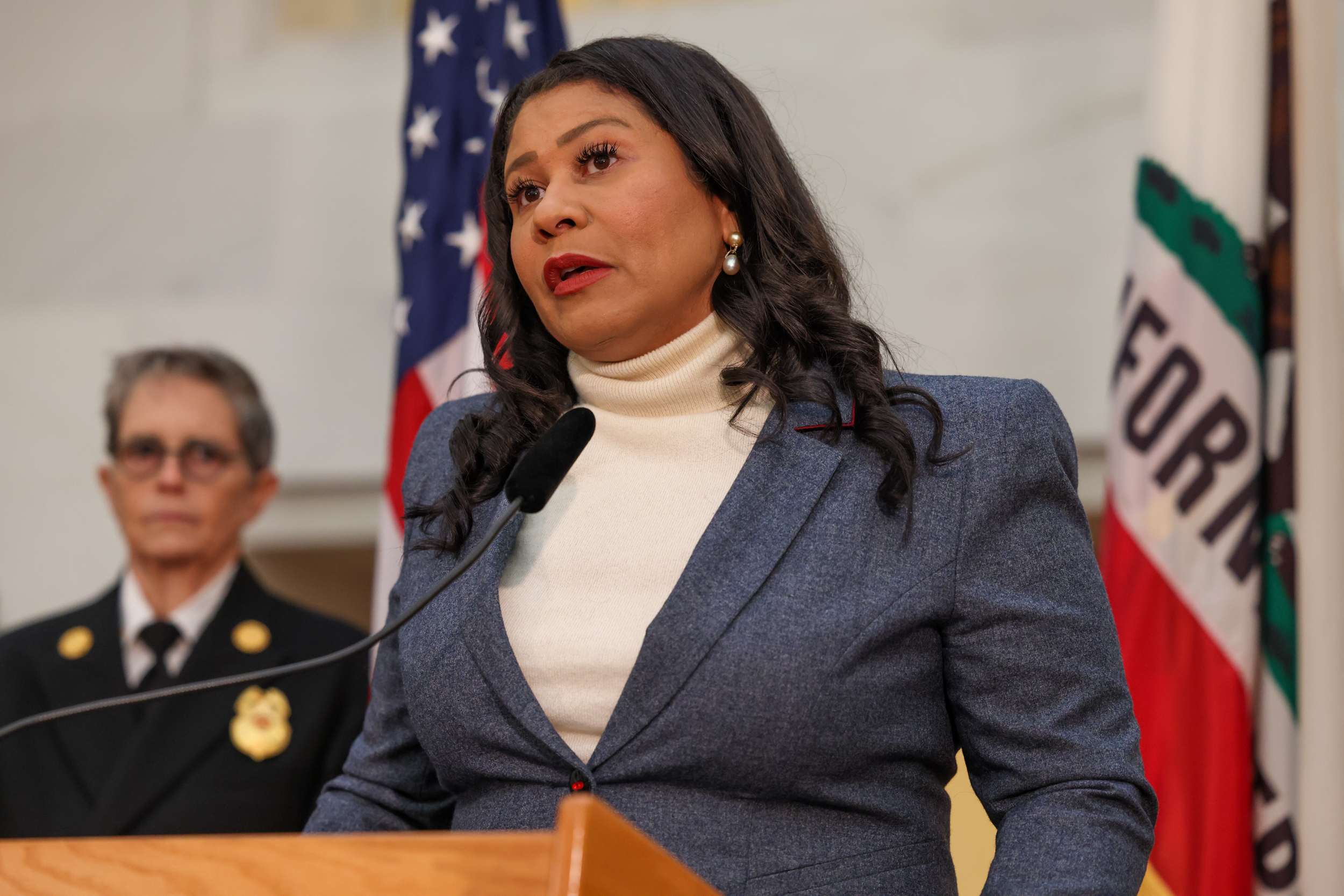San Francisco’s budget deficit is poised to launch major debates over what gets funded, and what gets cut, as city departments prepare for serious belt-tightening.
A combination of rising expenses and diminishing revenue sent the city’s estimated deficit to $728 million, according to the most recent projections, and Mayor London Breed’s Office has told departments to slash spending and prepare for the worst.
To balance the budget, Breed ordered departments to cut 5% from their budgets in the next fiscal year and 8% the year following while preserving key policy priorities, including public safety, reducing homelessness and promoting economic recovery. It’s clear, however, that major trade-offs are in order.
“I’m telling departments, and I’m telling everyone else in the city that things could get worse,” said Anna Duning, the mayor’s budget director at a committee meeting on Wednesday. “We may have to come back to the departments for more. I think there are lots of difficult choices ahead.”
The city’s budget has been hit hard by falling business and property tax revenues as remote work emptied out Downtown offices.
Declining commercial property values could further erode property taxes—the city’s biggest cash cow—amid what officials acknowledge as a “permanent shift” away from Downtown offices. Appeals of property assessments are expected to rise from 2,592 in the last fiscal year to around 3,800 in fiscal year 2024-2025.
Currently, the city is relying on a “conservative” estimate of office vacancies that sees a peak of about 29% this year before declining to 22.6% by the end of 2026.
That’s accompanied by a slump in home values, particularly in the condo market. Budget officials expect condo prices to dip over the next few years, but recover by 2027.
According to a draft five-year financial plan, city officials project a deficit that grows annually from $200 million to $1.2 billion over the next five fiscal years.
Over the same period, city spending is due to grow by $1.43 billion—a 21% increase from the current fiscal year.
Salaries and benefits for city workers are expected to grow by $491 million, citywide operating costs by $515 million and departmental costs by $215 million.
New labor contracts approved last year granted city workers a 5.25% pay raise this year, compounding earlier wage increases set in motion during the pandemic. Pension contributions, which were kept low by the once-booming stock market, are also due to rise as markets stagnate.
The state is facing down its own budget deficit, and Duning raised the possibility of the state officials pulling back on San Francisco Educational Revenue Augmentation Funds—excess property tax revenue distributed to local governments once schools are funded—which are worth over $300 million.
While the city has put into place new fiscal stability and resilience programs in the wake of the Great Financial Crisis, the budget outlook notes that “unlike the major budget shortfalls that followed the 2001 and 2008 recessions, the current projection reflects longer-term structural challenges, even absent another recession.”
